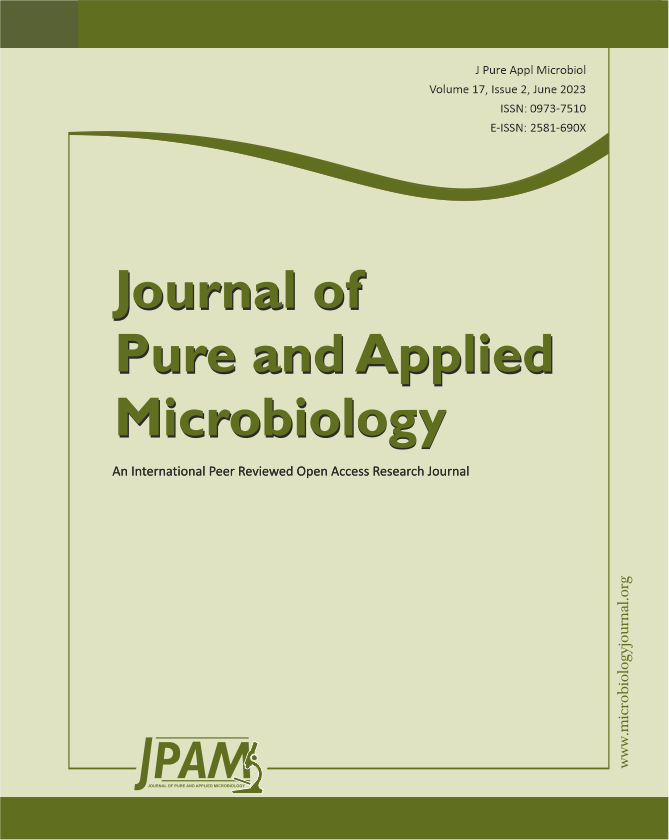Antibiotic resistance has become a serious global threat, mainly due to misuse, overuse of antibiotics and non-compliance with infection control protocol. Superbugs are multidrug-resistant (MDR) and extended drug-resistant (XDR) bacteria, mainly Klebsiella pneumoniae and Escherichia coli from the Enterobacteriaceae family, which cause opportunistic infections and raise death rates and hospital expenditures. The present study was conducted at a tertiary care teaching hospital to study the epidemiology and molecular detection of carbapenem-resistant K. pneumoniae isolated from various clinical specimens. 240 K. pneumoniae isolates were collected from January 2020 to December 2021 at the Bacteriology laboratory, Index Medical College and Hospital, Indore. All isolates were analyzed for carbapenem resistance by the conventional disc diffusion method. All carbapenem-resistant isolates were tested for carbapenemase production using the phenotypic double-disk synergy test (DDST) and modified Hodge test (MHT) as per 2020 CLSI guidelines. All isolates were negative by phenotypic methods, further confirmed by conventional PCR to detect the gene responsible for carbapenemase production. 240 isolates of K. pneumoniae were included during the study periods. Out of 240 isolates, 102 isolates were found resistant to carbapenem drugs. All 102 isolates were confirmed carbapenemase and MBL producers by MHT and DDST tests. Among 102, 60 isolates were found to be MBL producers negative by MHT and DDST tests. Sixty phenotypic negative carbapenem-resistant isolates were tested by conventional PCR. One or more carbapenemase genes were detected in 61.0% of isolates. The blaKPC was detected in 13/60 (21%) isolates, followed by blaNDM 10/60 (16%) isolates, followed by blaVIM in 6/60(10%), blaOXA-48 in 5/60 (8%) and blaIMP in 3/60(5%) isolates. K. pneumoniae produces carbapenemase, which enhances resistance to the carbapenem class of antibiotics. The simultaneous detection of these resistance genes expressed by Klebsiella pneumoniae might be managed by early detection and adhering to antibiotic policies that limit the use of antibiotics.
Double Disk Synergy Test (DDST), Modified Hodge test (MHT), Metallo-beta-Lactames (MBL), Polymerase Chain Reaction
© The Author(s) 2023. Open Access. This article is distributed under the terms of the Creative Commons Attribution 4.0 International License which permits unrestricted use, sharing, distribution, and reproduction in any medium, provided you give appropriate credit to the original author(s) and the source, provide a link to the Creative Commons license, and indicate if changes were made.


